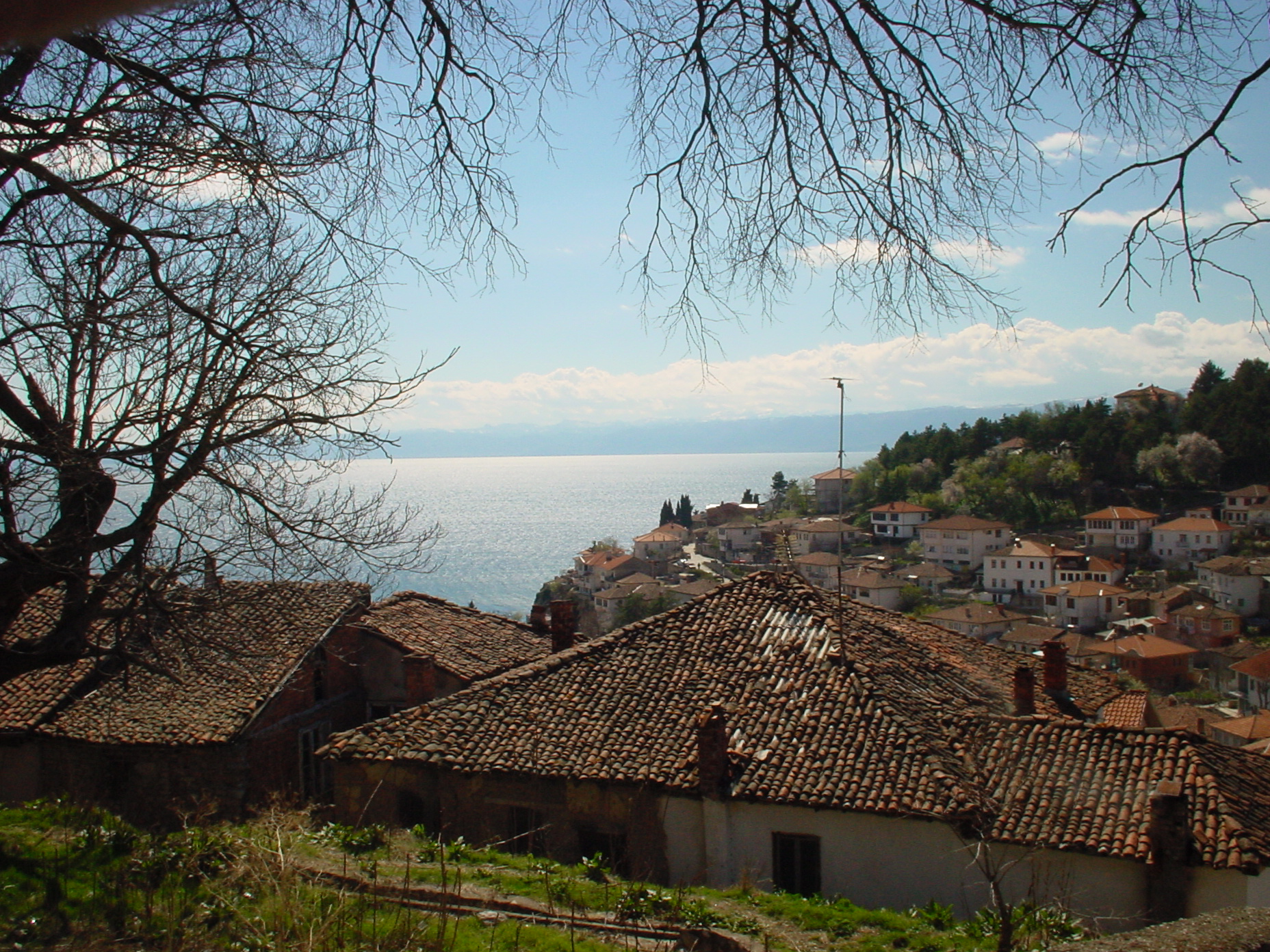Ohrid Lake, a unique transboundary site

Lake Ohrid is one of the oldest and deepest in Europe shared by Albania and the Former Yugoslav Republic of Macedonia. It preserves a rich capital of natural and cultural heritage, including a unique aquatic ecosystem that is of worldwide importance, with more than 200 endemic species, as well as rich historical and archaeological elements, impressive traditional practices and unique intangible heritage.
Lake Ohrid is a mixed World Heritage property, which was inscribed for its natural values in 1979 and for its cultural values a year later. The State Party of Albania is preparing a nomination file for the extension of the World Heritage property towards the Albanian side of the Lake, which comprises one third of Ohrid. The nomination extension file includes also a major boundary modification, which justifies the inclusion of natural, geological, hydrological and geological monuments.
This region has cultural aspects and outstanding values comparable to those of the part of the Former Yugoslavian Republic of Macedonia, which already have acquired the World Heritage status, such as the cultural attributes and landscape of Lin Peninsula and Lin village, as well as the scenic area of Lin and Drilon, the north part of Lin, the pile dwellings (former stilt houses/palafittes), Guri Kamjes (Kamje Stone) and Pogradec Castle. Traditional practices are also still alive today, passed on from generation to generation, such as wood carving and silver filigree making. Some of the materials the artists use come from the area around the lake, from which they also get inspiration for their work. The intangible heritage of the site is also manifested in legends and myths explaining how the lake was created and the role dragons and monsters played during its history.
The establishment of the World Heritage property provides a major opportunity for local entrepreneurs, and small businesses with a focus on sustainability, currently hindered by a lack of adequate business planning and administrative support, insufficient or poorly targeted start up financing, underdeveloped value chains and weak marketing. A workshop designed to face these problems was organised in April 2017, and focused on agriculture and forestry; recreation and tourism; traditional craftsmanship; eco-environmental services and heritage friendly enterprises.

